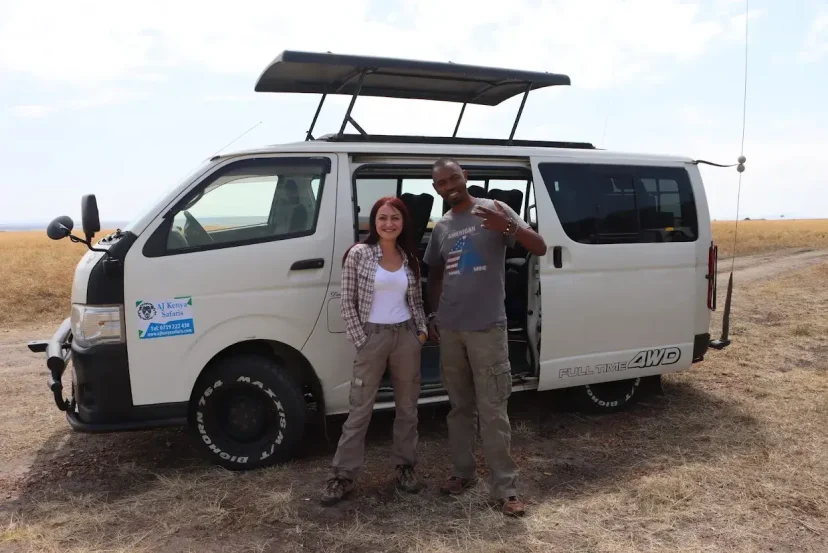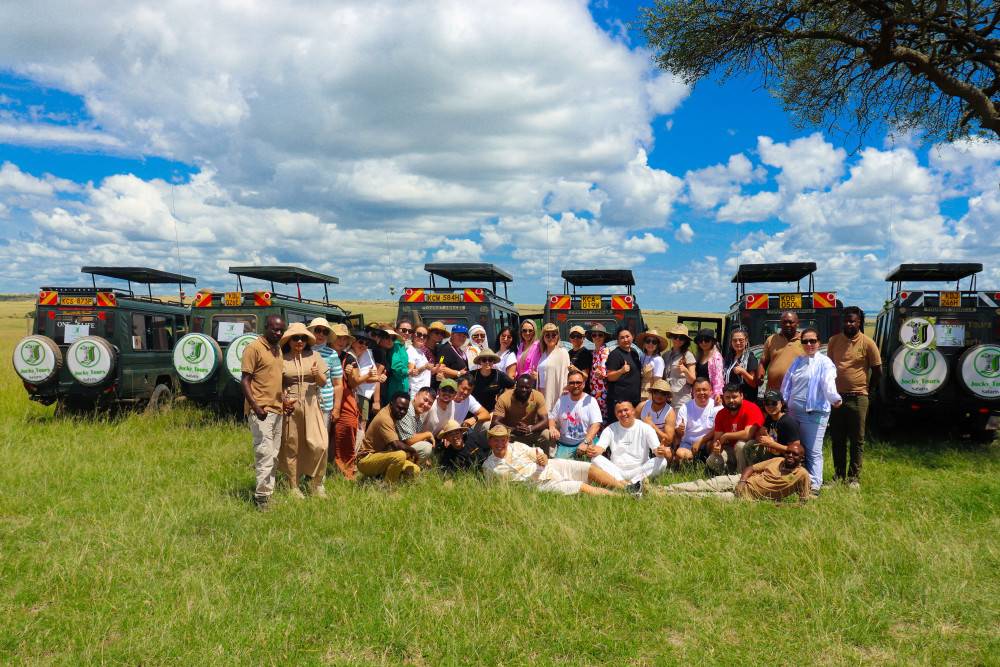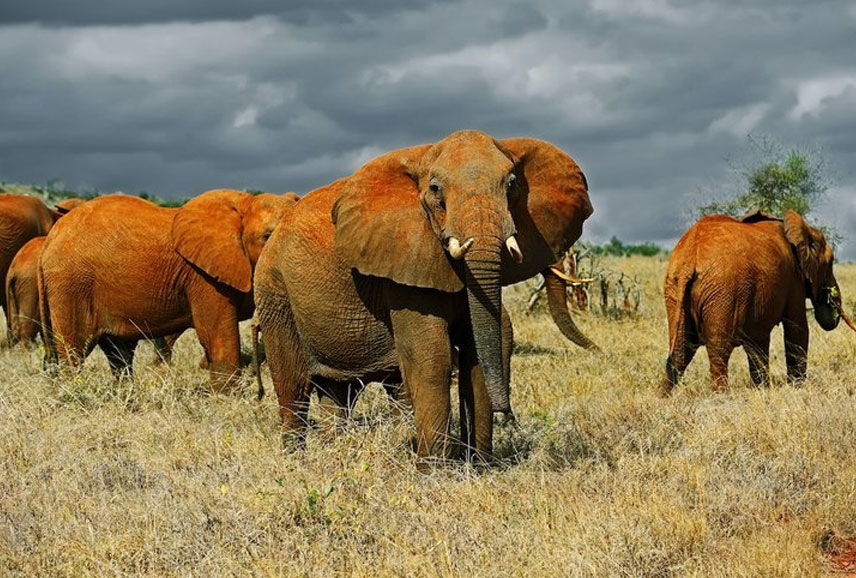Excellent Ideas To Choosing Taxi In Mombasa
Excellent Ideas To Choosing Taxi In Mombasa
Blog Article
What Health Precautions Do I Need To Know When Holidaying What Health Precautions Should I Be Aware Of When Traveling Mombasa, Kenya?
When you're on vacation in Mombasa (Kenya) It's essential to be aware of the dangers to your health. Here are some of the most important health issues:
1. Vaccinations
Routine Vaccinations: Ensure that you are up-to-date on routine vaccines such as measles-mumps-rubella (MMR), diphtheria-tetanus-pertussis, varicella (chickenpox), polio, and your yearly flu shot.
Hepatitis A - Recommended for everyone who travels because of the risk of food and drinking water being affected.
Hepatitis B (Hepatitis B): Recommended for travelers who may have come in contact with blood or body fluids, e.g. through sexual or medical contact.
Typhoid is important for people who stay with relatives or friends, visit smaller cities or areas, or are adventurous eaters.
Yellow Fever: Travelers arriving from countries where there is the possibility of transmitting yellow fever should present a certificate of vaccination. Find out the most current requirements.
Rabies: It's a possibility for those who travel outdoors and are exposed to bites from animals. This could include people who are going camping, hiking and caving, among others.
2. Malaria Prevention
Antimalarial Medicine: Mombasa is a malaria-endemic region. Consult your physician for the best antimalarial drug for you.
Beware of Mosquito Bites Use insect repellent with DEET, wear long sleeves and long pants, particularly during the evening and night and then sleep with the mosquito net, if you're there is no air conditioning or well-screened area.
3. Food and Water Safety
Drinking tap water is not recommended as are Ice cubes. Avoid drinking ice and tap water.
Consume only safe and properly cooked food. Avoid eating raw seafood, meat as well as unwashed fruits and vegetables. Avoid street food, and choose reputable restaurants.
4. Traveler's Diarrhea
Hand Sanitizer or washing your hands using soap and hot water is a good way to maintain a clean and healthy hand. Beware of eating or drinking any food or beverage from a questionable source.
Keep medications such as loperamide, (Imodium) and tablets for oral rehydration at hand. You can consult your doctor to find out if antibiotics are needed for severe cases.
5. Sun Protection
Apply a sunscreen with at least a 30 SPF. Apply sunscreen frequently, particularly after sweating or swimming.
Wear hats and sunglasses to shield your eyes from the sunlight. Also, dress in light, long-sleeved and lightweight clothing.
6. Heat and Hydration
Stay hydrated. Drink plenty, and preferably water, to prevent dehydration. Avoid drinking too much caffeine and alcohol because they can cause dehydration.
Avoid Overexertion Make sure to take breaks, particularly in the hottest times of the day. Be sure to avoid heat stroke or exhaustion by seeking shade and cool areas.
7. Water Activities: Safety and Security
Swimming in designated Areas Pay attention to local advice regarding swimming conditions and possible hazards, such as strong currents.
Avoid dangerous marine animals like sea urchins or jellyfish. Wear watershoes while walking on shallow waters.
8. Care and Insurance. Care and Insurance
Travel Insurance: Travel insurance must provide medical emergency evacuation and coverage in addition to comprehensive coverage.
Local Medical Services: Be aware of the location of medical centers that are reliable in Mombasa. The major hotels typically provide information about nearby hospitals and physicians.
You'll need your medications, as well as copies of prescriptions.
9. Emergency Contacts
Find the contact details of your country’s embassy in Kenya by contacting them.
Local Emergency Numbers:
Follow these steps and you'll be in a position to enjoy your Mombasa holiday. Follow the most popular mombasa safari tours for blog examples including trip tour companies, travel tour companies, tour agents in kenya, tours & safaris, africa tours and safaris, mombasa packages, mombasa travel agency, safar kenya, tours and travel company in kenya, safari company kenya and more.
What Cultural Sensitivity Issues Must I Know While Traveling In Mombasa, Kenya?
It is essential to be sensitive to culture when visiting Mombasa Kenya to enrich your experience. Consider these key factors:
1. Be respectful of local dress codes
Modest clothing: Mombasa has a significant Muslim population. You should dress modestly when in public areas, at churches, or in your neighborhood. This means wearing knee pads and shoulders.
Beachwear. Swimwear may be worn on the beach, but must be covered up if visiting nearby restaurants or shops.
2. Religious Sensitivity
Going to Mosques: If you wish to visit the mosque, you must ask permission first. Dress appropriately. Women are advised to cover their heads. Everyone should remove shoes prior to entering.
Prayer Time - Keep track of five times of prayer each day. Make sure you are respectful at these times, particularly when the mosque in your area is involved.
3. Photography Etiquette
Permission: Before you take photos of anyone, always ask their consent. This is especially important in rural areas or places that have traditional values. Some people might feel uncomfortable or feel that it's intrusive.
Restricted areas: Do not photograph in areas that are sensitive including government buildings, military installations, or cultural sites, in which photography is not permitted.
4. Social Interactions
It is essential to greet people with respect. A common greeting in Swahili is "Jambo" (Hello). Although handshakes can be common, Muslim women should wait for the males to extend their hands before greeting them verbally, or waiting for them.
Personal Space: Be respectful of your the privacy of one's self and be mindful of any physical contact specifically with the opposite sex in settings that are more formal.
5. Cultural The Norms Taboos
Public Displays of Affection Avoid publicly displayed displays of affection because they are considered inappropriate.
Use of the Left Hand Left Hand: Left-handed hands have traditionally been considered to be unclean. Use your left hand when eating, wishing people well, or exchanging money and goods.
Feet - It's considered rude to point the soles your feet towards them or to show them.
6. Language and Communication
Basic Swahili Learn a few fundamental phrases in Swahili will be a great way of showing respect and building rapport with locals. A few of the most commonly used words are: "Asante" or "Habari" (both meaning "Thank you". ).
Politeness. Communicate politely and patiently. Kenyans are looking for respectful and courteous interactions.
7. Respect local customs
Respect customary ceremonies and rituals. You should follow your host's guidelines if invited to a local event.
Bargaining is commonplace at markets and in local shops. Make sure you do it in a respectful manner and with a sense of humor. It's more of an art than a fight.
8. Alcohol and Smoking
There is alcohol available to drink but it should be done in a discreet manner. Avoid public drunkenness.
Smoking in public areas is not permitted. Smoking is permitted in designated areas.
9. Environmental Respect
Eliminate littering, and be mindful of disposing of waste properly. Respect natural areas and wildlife.
Conservation: Help conserve the environment by respecting wildlife and habitats in the local area. Beware of buying products made out of endangered species.
10. Helping Local Communities
Local Businesses: Support local markets, businesses and artisans to support the local economy.
Responsible Tourism - Choose sustainable options and local tourism to help local communities.
You can enhance your appreciation of the local culture by following these guidelines for cultural sensitivity. Read the best kenya day tours for blog tips including kenya tours and travel, kenya tour operator, safaris beach, africa tours, kenya mombasa holiday packages, kenya safari beach, kenya safaris and tours, mombasa safaris kenya, safari a nairobi, kenya holiday packages and more.
What Financial Planning Considerations Should I Be Aware Of When Planning A Trip In Mombasa?
It is important to plan your finances for those who are on vacation in Mombasa. Be aware of these factors that affect your finances:
1. Budgeting
It is essential to book your lodging. Prices vary widely based on the kind of property and the location of accommodation.
Transportation: Include costs for local transport, flights (taxis, tuk-tuks, matatus rental cars), and possible excursions.
Budget for all meals, which includes food and eating out. Prices can range from budget-friendly local eateries to expensive dining establishments.
Create your tours and activities include the cost of entry fees, guided tours, as well as other activities, such as safaris, water sports, or cultural tours.
2. Exchange Rates and Currency
Kenyan Shillings is the currency of Kenya. Find out the exchange rates.
Currency Exchange The possibility of exchange is in reputable banks, exchange offices, bureaus of exchange, or at your hotel. Do not exchange money on the street.
ATMs are accessible everywhere in Mombasa. Check that your credit card works with withdrawals from international banks and look for any additional fees.
3. Payment Methods
Cash: Carry a few dollars for small purchases, tips and for places that do not accept cards.
Major credit cards are accepted in restaurants, hotels and shops. Contact your bank as soon as you can about the plans you have in mind so that your credit card isn't blocked.
Mobile Payments M Pesa is the most well-known mobile payment system. It is useful if you are planning to use an SIM card in Kenya.
4. Cost-Saving Tips
Travel off-season. If you travel during the off-season or shoulder (April to October and November to April) you will save cash on hotels, flights and other travel costs.
Pre-book: Secure better prices on accommodation, flights and tours by making reservations well in advance.
Local Eateries. You can enjoy a more authentic dining experience at local eateries and food market stalls.
5. Tipping
Tipping is common in Kenya. In restaurants, a 10 percent tip is the norm when service is not included. Gratuities for guides, hotel staff and drivers at your discretion.
It's nice to leave small tips in the local currency. For example, tip the porters KES 50-100 per bag, and the housekeepers 100 KES a day.
6. Emergency Funds
Reserve funds: Keep an emergency stash and have additional funds in the form of a debit or credit card for unexpected expenses.
Travel Insurance - Invest in complete insurance that covers cancellations, medical emergencies and theft.
7. Security
Security of valuables: Use hotel safes to protect passports, cash and other valuables. Be aware when using ATMs, especially in the evening.
Avoid carrying large sums. Don't carry huge cash in your. Split your cash and cards into a wallet and a safe place.
8. Local Transactions
Local markets are a popular place to bargain. It is important to treat the negotiation with respect, good humor and with the intention of achieving the best deal.
Receipts and Records: Keep receipts of significant purchases and transactions. They can be extremely helpful in tracking budgets, and if there are any disputes.
9. Understanding Fees
Your bank could charge fees for withdrawals from abroad. Certain ATMs might charge a fee when using foreign credit cards.
Currency Conversion fees: Be aware that your bank may charge you for currency conversion when you use your credit card or debit card abroad.
Consider these aspects of financial planning to manage your costs and ensure a worry-free trip in Mombasa. View the best Diani Beach taxi for site tips including mombasa travel agency, kenya tours and travel, kenya safari packages, tour agents in kenya, tour company, kenya safari beach, trips to kenya, tours and travel company in kenya, tours safari africa, kenya beach mombasa and more.